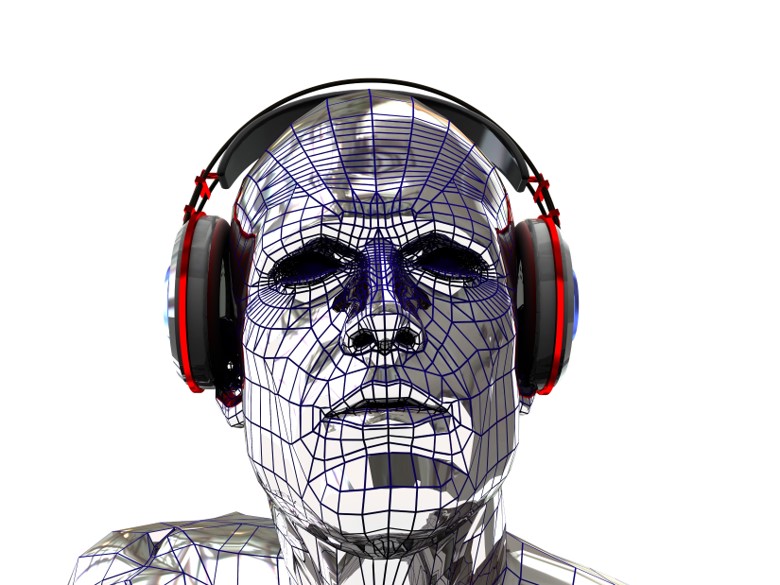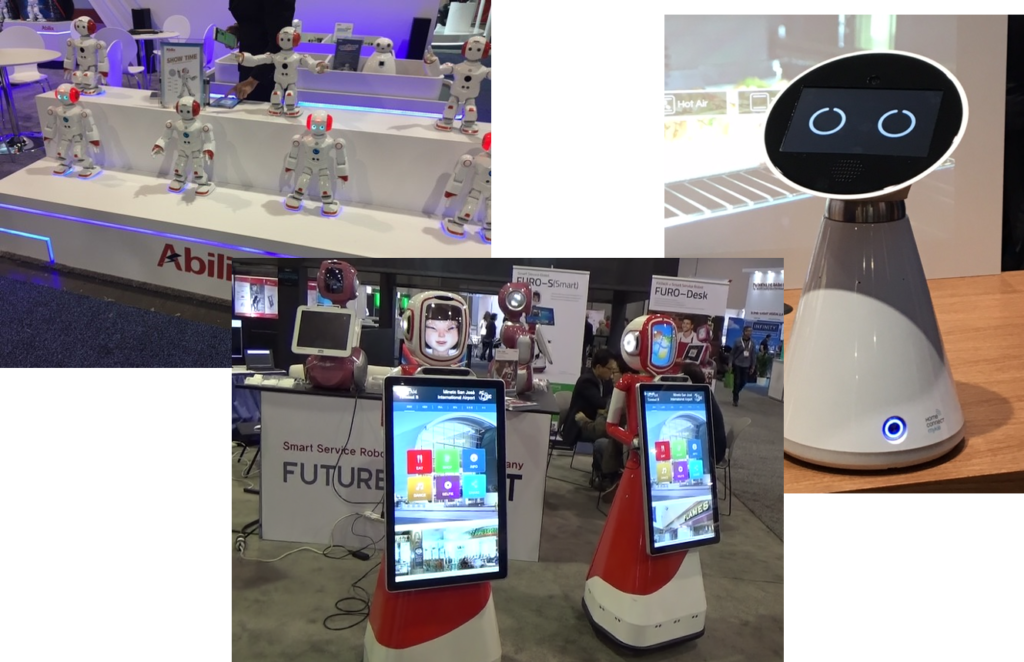
While most of us enjoyed an uneventful Labor Day Weekend, not everyone was chilling at the lake or chowing down at a family barbecue. Many Americans are actively sweating their jobs – not because of the state of the economy but because of rapid advances in robotics.
Some unexpected job categories and professionals are apparently on the robotic chopping block, thanks to production efficiencies and the rapid development of AI. This includes workers in hospitality, transportation (think autonomous cars), manufacturing, and retail. That’s a lot of jobs that could vulnerable to the Robby’s and the Rosie’s.
But even medical workers may be replaced by advanced robots, droids, drones, and automatons. As the Boston Globe notes, “Machines can monitor vitals, and devices can administer medicine automatically.” Machines are routinely reading X-rays while robots are performing surgery with precision. Who needs a doctor or a nurse?
Even your accountant isn’t safe, thanks to increased automation in tax returns and other functions that once required a pencil and paper. Software like “Turbo Tax” do the work once done by CPAs.
We’ve seen much evidence of advanced technology in recent years at CES, where robots of all sorts, shapes, and sizes perform myriad functions – whether it’s reading stories to your kids or showing you how to cook souffles. Every year, these robots look cuter and more human, thanks to their inventors serving to make them seem more approachable and accessible.

But a robot bank teller? You’d think the people behind those service windows at financial institutions would be at the top of the “endangered jobs” list, but apparently financial institutions aren’t ready to throw in the personal towel. Some of this is due to the reality that many customers still aren’t comfortable using ATMs for their banking transactions.
Still, most people would rather handle their banking themselves without waiting in line to talk to a teller. But as Bloomberg’s Emma Kinery explains, banks have learned that self-service works well…until it doesn’t. And that’s when customers expect a knowledgeable, human assistant to point them in the right direction.
While teller jobs have diminished in recent years, many banks are actually raising their salaries, training tellers to answer questions that involve financial and digital services like Uber, Amazon, and PayPal. It’s not quite the problem-solving skills of workers at Apple’s “Genius Bars,” but some banks are finding that personalized answers and even empathy simply cannot be replaced by robotic hardware and software.
The human touch is an important piece of the puzzle, and that’s why the prospects for radio employees in the robotic age look promising. A new Fast Company story – “Here are the few jobs robots won’t take from us” – by Michael Grothaus suggests that creative types are in the safe zone.
He quotes Thomas Pickersgill, CEO of Broadstone, a staffing company, who says, “Humans use their life experiences, their emotions, and their creativity to bring things to life.” Machines, not so much.
Now, a little extrapolation points to radio programming and on-air talent positions falling into the “creatives” category. Granted, radio is rarely a work of art, but whether you’re doing mornings on a Country station or news gathering at a public radio outlet, you’re using your arts and craft to create compelling radio – something even H.A.L. or R2D2 can’t pull off.
Grothaus reasons that jobs dealing in “understanding of the human condition,” as well as the skills needed to adapt to change, and the ability to connect with and empathize with others would appear to be less vulnerable to the robot workforce apocalypse.
We took this one in a big way in this space back in 2011 when a clever innovator, Dominique Garcia, introduced us to “Denise,” which he called a “virtual DJ.” At the time, there was an outcry about the prospects of a machine replacing DJs in a post called “Oh, Denise.”
You can check out Denise in action in the short video below. I hadn’t listened to her breaks in a while. And in the context of today, she’s somewhat reminiscent of a certain robotic persona we now know as “Alexa.”
At the time, Dominque Garcia was very much misunderstood. Today, you have to look back at his efforts 8+ years ago as truly innovative.
But for today’s programmers, producers, jocks, hosts, journalists, and even second bananas and sidekicks, it looks like being replaced by automated DJs like Denise isn’t about to happen anytime soon. Fortunately, these jobs still require creativity and nuance, something robots still don’t do well. Yet.
As for you programmatic sellers, you’re on your own.
- Inside “3 Minutes” – An Exclusive Interview With Nielsen’s Rich Tunkel - March 11, 2025
- Black Thursday At Audacy - March 10, 2025
- Five Years Gone: How COVID Changed Radio - March 7, 2025




Thank you.
This project landed me on MSNBC, Fox News, all NBC affiliates and many others throughout the world. It was very much misunderstood. While some people may have seen it as me trying to take their jobs, I created this simply as another form of radio automation.
It was a cool accomplishment, Dominique, and greatly misunderstood (including by me). Thanks for the comment and perspective.
Fred- Another great piece and being passed on to our air staff – really well done…but…on the other hand, what about Max Headroom…..OK, OK…
Wow, Matt Frewer! How did I forget that one? Thanks for the kind words, as always, Tom.